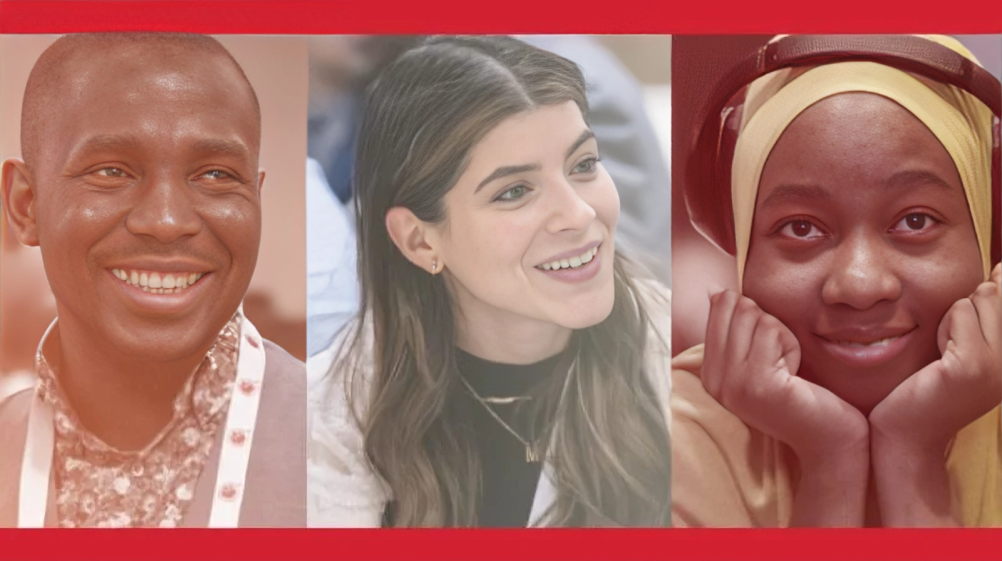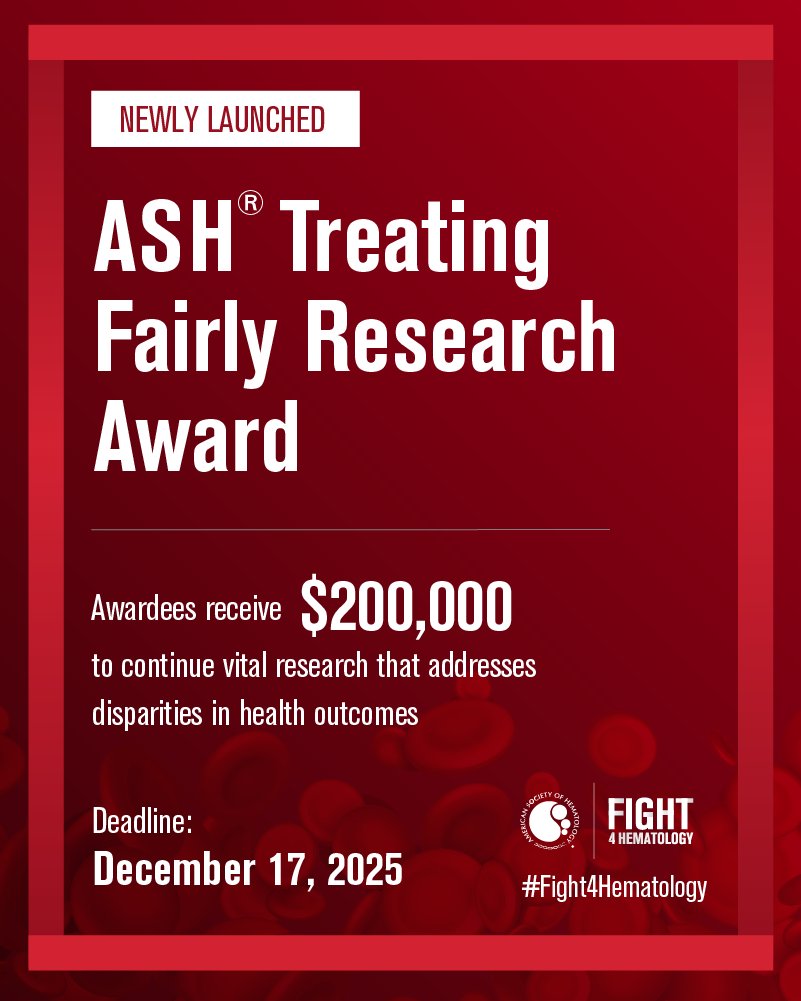
ASH Increases Investment in Hematology Research and Training
The American Society of Hematology (ASH) posted on X:
“1/8
ASH increased its investment in hematology research & training, which means more opportunities right now to receive funding!
See the thread for open opportunities by career stage.
Help us share!
2/8
Projects below are based in North America. Find global awards here.
You are encouraged to apply for all awards for which you are eligible; however, please note that only one award may be accepted at a time
3/8
Medstudent Funding for a part-time or 1-year immersive project
ASH HIP Medical Student Award | Part-time or immersive project
ASH HONORS | Part time
ASH Physician-Scientist Award | Immersive
4/8
PhD students: Receive $40,000 annually for 2 years of tuition/salary/honorarium, research, & training w/ these opportunities.
ASH Graduate Hematology Award | here
ASH HIP Graduate Student Award | here
5/8
Residents: Receive career mentorship and $5,000 for your part-time research project to take place over 3-12 months with these awards:
ASH HIP Resident Award | here
ASH HONORS | here
6/8
Fellows & junior faculty — Research awards
ASH HIP Fellow Award | $100,000 over 2-3 years for protected research time and training
RTAF | $70,000 for one year protected research time
7/8
Fellows and junior faculty — Training opportunities
Clinical Research Training Institute | In-person and distance learning & mentorship
8/8
The ASH Treating Fairly is a new award for ASH members who are PIs for research on hematologic diseases & disorders disproportionately affecting vulnerable communities.
Protect your research amid federal cuts here.

Stay updated with Hemostasis Today.
-
Feb 24, 2026, 16:18Salmaan Dalvi: Mapping Rare Diseases Across East and Central Africa
-
Feb 24, 2026, 16:16Wolfgang Miesbach: Game‑Changing Data on Intensive FVIII Replacement in Haemophilia A with Hypertrophic Synovium
-
Feb 24, 2026, 16:01Is It Safe to Briefly Stop Anticoagulation After VTE? – RPTH Journal
-
Feb 24, 2026, 15:58Anastasia Conti: Honored to Receive the Roche Foundation Grant for Independent Research in Onco-Hematology
-
Feb 24, 2026, 15:55Courtney Lawrence: Targeted Donor Screening Reduces Transfusion-Transmitted Babesia Cases
-
Feb 24, 2026, 15:30Aswin K Mohan: Practical Tips for Preparing Before, During, and After Blood Donation
-
Feb 24, 2026, 15:24Stéphanie Forté: The Hidden Burden of Stroke in Adults Living with Sickle Cell Disease
-
Feb 24, 2026, 15:13Tagreed Alkaltham: Equity in Emergency Care Through a Blood Bank Lens
-
Feb 24, 2026, 14:57Joseph Raffaele: Can Improving Mitochondrial Quality in Immune Cells Alter Immune Aging Markers?

